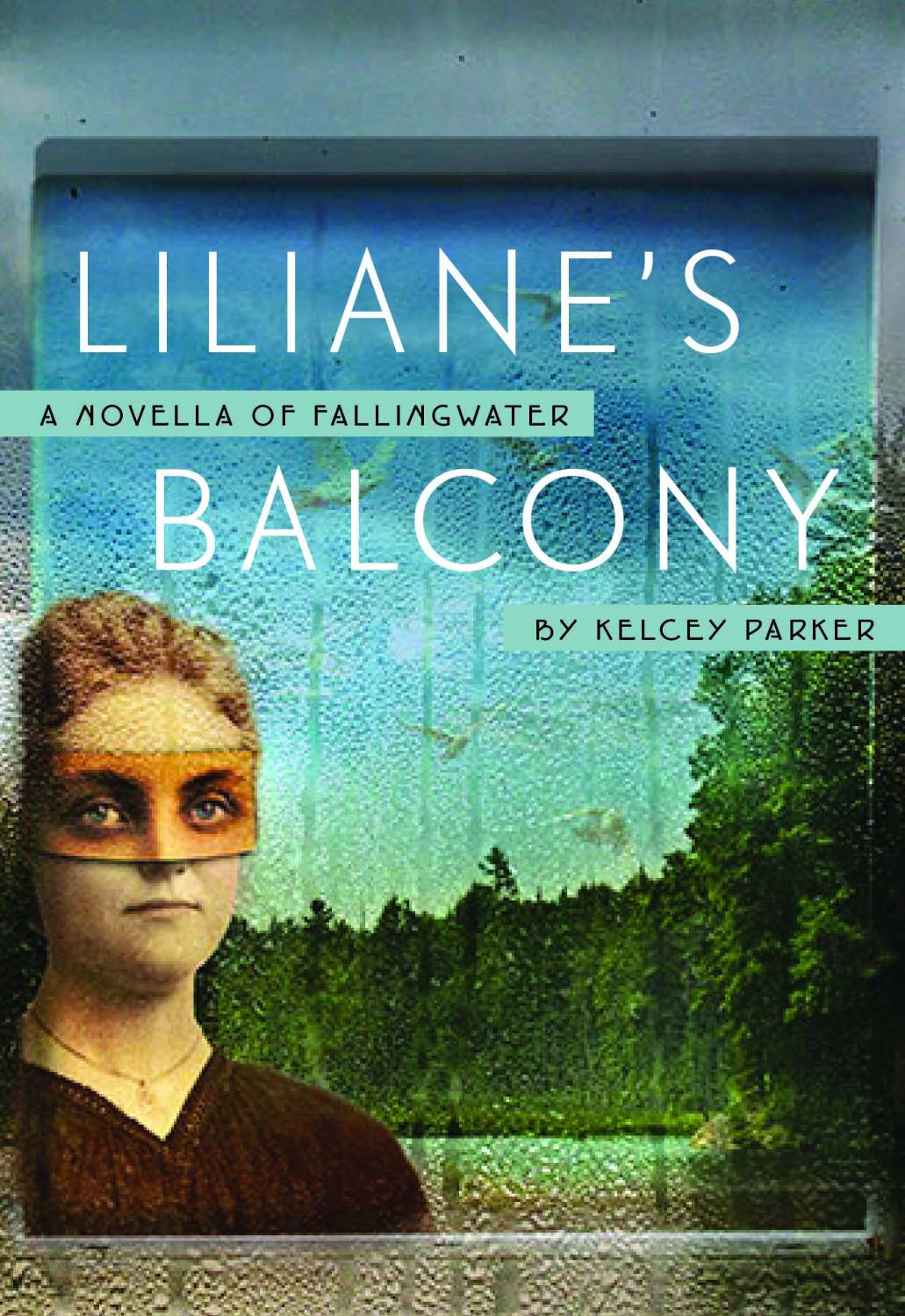Grow a thick skin, because the “no”s will hurt. Tough shit.
But a single “yes” makes up for a hundred “no”s,
and acceptance is the best feedback of all.
Katy Darby’s work has been read on BBC Radio and published in various places including Stand, Mslexia, Slice and the Arvon and Fish anthologies. She has a BA in English from Oxford University and an MA in Creative Writing from UEA, where she received the David Higham Award. She teaches writing at City University, edited Litro magazine from 2010-12 and co-runs short story reading night Liars’ League (www.liarsleague.com). Her debut novel, a Victorian drama called The Unpierced Heart (previously The Whores’ Asylum) was published by Penguin in 2012. She lives in London, tweets at @katydarbywriter and her website is www.katydarby.com.
Novel: The Unpierced Heart
Novel Excerpt: The Unpierced Heart
Novel-in-progress: The Hanging of Hannah Hawking
Story: Mufti Day
How Katy Darby Became a Writer
This is the next installment in the How to Become a Writer interview series, which will post here at Ph.D. in Creative Writing every other Sunday (or so) until I run out of writers to interview, or until they stop saying yes. Each writer answers the same 5 questions. Thanks to Katy for saying yes!
1. Why did you want to become a writer?
I suspect this is an incredibly common answer, but as a kid I always had my head buried in a book. Obviously I wanted to be an astronaut and a doctor and all the other things kids want to be, but being a writer was a very early ambition. What thrills me most about writing (apart from the actual writing part – when it’s going well, anyway) is when people tell me they were moved or excited or entertained by my stuff, especially if they laughed or cried. Same goes for when someone writes a (nice) insightful review, or emails me to say they liked my novel.
I write partly to get story ideas out of my head and onto the page; but my ultimate goal is to give readers the same pleasure I get from the books I love. For me, the purpose of writing is to communicate and connect, and hitting the mark, emotionally or otherwise, is the best feeling in the world. (Well, actually, it’s a toss-up between that, and the feeling when I finish a chapter or a story, but both are pretty addictive)
 2. How did you go about becoming a writer?
2. How did you go about becoming a writer?
I read a lot and wrote a lot. I remember writing my first “novel” on stapled exercise-paper aged seven. It was a semi-autobiographical police procedural modestly titled Katy the Great Detective and was probably about 500 words long.
After that I wrote stories in class, but I didn’t really write much fiction between the ages of 11 and 21: I was more interested in poetry. At 18 I went up to Oxford to study English at Somerville College, but I only wanted to be a poet until I got into fiction-writing via an evening class at OUDCE (the Oxford University Department of Continuing Education). It was a two-year course and each term focused on a different discipline: poetry, prose or script. Over the next few years I slowly shifted focus from poetry to fiction.
After the OUDCE course I started sending out my stories and got a few publications and prizes. I wrote my first proper novel over six months in an incredibly dull receptionist job, sent it out, got nowhere and realised I needed to work on my prose, so I applied to UEA’s MA in Creative Writing. The first time round I was rejected without an interview, but the second time I won a full scholarship. (All that changed was the story I submitted). Through UEA, I also got my first agent.
In 2007 a short story I was writing kept getting longer until I realised it was going to be a novel: this was The Whores’ Asylum (now available in Penguin paperback under the new title The Unpierced Heart). I wrote the first draft in a year, got my agent’s comments, sat on it for ages then finally redrafted it in summer 2009. After a few more tweaks and a new agent (the US-based Vicky Bijur), I got my book deal in July 2010, and the novel was published in February 2012. So getting it on the shelf took five years, beginning to end. I was lucky: plenty take longer and of course many never get picked up.

3. Who helped you along the way, and how?
This is going to be a bit Oscar-speech, I warn you …
- My parents, who filled the house with books and allowed me unfettered access to them (not that I’m sure they always knew what I was reading). My mother’s copy of Portnoy’s Complaint certainly went right over my 13-year-old head, though I did enjoy my dad’s massive one-volume Lord of the Rings.
- My English teachers at Frensham Heights school, who encouraged and praised my writing (mostly poetry at that stage) and gave me a thorough grounding in the literature we were studying.
- Dr. Jem Poster and the other tutors on the OUDCE evening class, who expanded my horizons to include fiction and script-writing, and were also very encouraging and constructively critical.
- The writing group which grew out of this class: Lucie Whitehouse, John Marzillier, Jenny Stanton and Anne Bigelow are all now published or have agents, and their feedback over many years was invaluable.
- All the editors who’ve published (and thereby validated!) my work. What excellent taste they have …
- My tutors and fellow-students at UEA: I was lucky to be taught by Patricia Duncker, Michele Roberts and Andrew Cowan, all superb in their own different ways, and to be part of the very talented, supportive, and hard-drinking class of 2005-6.
- Both my agents: Veronique at DHA and now Vicky. Her comments are always bang-on and I really respect her opinion.
- My editor Juliet Annan, her assistant Sophie Missing and my publicists at Penguin, Caroline Craig and Lija Kresowaty. The first two for their literary insight and the second two for their patience with a demanding and occasionally hyperactive author. My enthusiasm can sometimes border on pestering …
- The authors I love to read, especially the Victorians: Conan Doyle, Wilkie Collins, the Brontes, M. R. James, Thackeray, Dickens: they made me a historical novelist as much as all those above.

Mervyn Peake (image from Wikimedia)
4. Can you tell me about a writer or artist whose biography inspires you?
Mervyn Peake’s life ended very sadly, but he’s inspiring because he wrote exactly what he wanted to, and in so doing forged a strange and marvellous genre all his own. I first read his novels Gormenghast and Titus Groan when I was 14 or 15, and I vividly remember sitting against the radiator in our drama classroom, hoping the teacher would be late so that I could finish the amazing chase sequence in Gormenghast where the villain Steerpike is pursued through the flooded halls of the ancient castle.
Peake is a cult author in the best sense: he was an artist, illustrator and writer who created an astonishing world in Gormenghast, bizarre and idiosyncratic yet absolutely convincing, and peopled with unforgettable characters. Tragically, he died aged just 57 of degenerative brain disease: nonetheless, both his life and writing inspire me, because of the single-minded dedication and spirit of experimentation which characterised them.

Image from mervynpeake.org
5. What would you say in a short letter to an aspiring writer?
Is 400 words short enough? I hope so …
Dear Aspiring Writer,
Don’t you hate that word, “aspiring”? It feels so unfinished and tentative; but in a way that’s useful, because you’re unlikely to ever feel that you – or your novels, stories or poems – are the finished product. That’s all part of the fun and frustration of the job.
Writing is a job, by the way, even when it’s unpaid (and that’ll probably be for a while yet, unless you’re very talented and lucky) – and treating it like one will pay dividends. A million things can and will distract you from doing this job: your actual (day) job, TV, Facebook, Twitter, friends, family, laundry, washing-up, parties, going out, etc. Don’t let them – or at least, not all the time. Have a life, but keep working too. You really can fit it around your other stuff, I promise. Even if you only spend one night a week writing, within a year you could well have a novel: I did.
Learn to edit your own work – and by edit, I mostly mean cut. There’s almost no story or chapter (certainly no unpublished one) which cannot be improved by a trim and polish. The delete button is a sweet, beautiful gift to writers (as is the “Save as Version XXX” option): cutting lets you see what’s really important. Try and shave at least 10% off the wordcount of everything you write. It’s amazing how such a small target can make such a huge difference. (I’ve edited this interview by 10%, for example, and it’s loads better for it).
Get constructive criticism from people you trust, whose work you admire. Writing groups are great, writing classes are better, as they’ll almost certainly be taught by someone in the position you want to be in (i.e. published). And if they’re not, find a class that is.
Send your work out – and (speaking as an editor here) always follow the submission guidelines. The only truly honest and impartial feedback is from people who don’t know you from Adam. Grow a thick skin, because the “no”s will hurt. Tough shit. But a single “yes” makes up for a hundred “no”s, and acceptance is the best feedback of all.
Keep writing, keep reading and never stop trying to improve, or trying new things – except, of course, incest and Morris-dancing.
Katy











wonderful, congratulations Katy. Exciting!
Bada bam! And wot the eff’s wrong wiv Morris dancing?
Beautiful interview, somehow wistful. And very sensible advice. Besides, I too dislike the term ‘aspiring’: in my language ‘aspirator’ is a vacuum cleaner, which makes me feel like I suck…